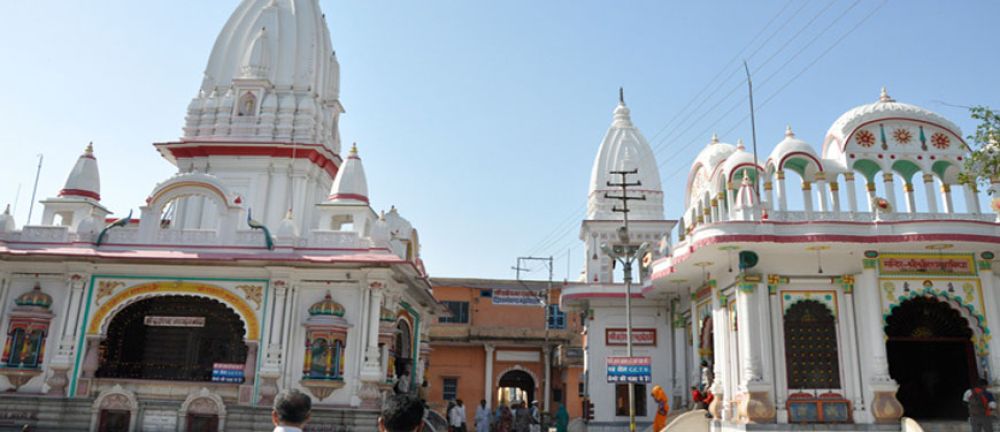

Nestled in the heart of Rishikesh, Uttarakhand, Bharat Mandir is an ancient and venerated temple with deep historical roots. Believed to be the oldest temple in Rishikesh, Bharat Mandir is dedicated to Lord Vishnu and holds a considerable place in the spirituality and culture of India. The name of the temple is derived from Bharat, the younger brother of Lord Ram from the epic Ramayana.
The history of tourism related to Bharat Mandir is tied up with the history of Rishikesh as a major pilgrimage center in India. Rishikesh, often termed the 'Yoga Capital of the World', has been attracting spiritual seekers and tourists alike for many centuries. The temple's origins date back to Adi Shankaracharya, a revered 8th-century sage and philosopher who is believed to have laid the foundation of the current structure on the auspicious day of Basant Panchami.
Over the years, Rishikesh, including Bharat Mandir, has seen a gradual development into a vibrant tourism hub. The installation of the Lakshman Jhula in 1929 and later the Ram Jhula, two iconic suspension bridges over the river Ganges, marked significant points in the development of the town's tourism industry.
With the rise of the counter-culture movement in the 1960s and 70s, notably after the Beatles' visit to Maharishi Mahesh Yogi's Ashram, Rishikesh and its spiritual centers, including Bharat Mandir, gained international recognition attracting even more tourists.
Today, tourism in Rishikesh is not only concentrated on traditional spiritual pursuits but has expanded to include adventure sports, wellness retreats, and exposure to local culture and cuisine. Bharat Mandir remains an important pilgrimage stop, especially during the festival of Basant Panchami when a grand fair is organized and the deity of Lord Hrishikesh is taken out in a grand procession.
In addition, the area surrounding Bharat Mandir, with its ghats and serene ambiance, has become popular for meditation and spiritual discourses. The temple recently got much attention for being a part of the Rishikesh Heritage Walk, allowing tourists to delve into the historical and cultural significance of the area.
The integration of modernity with tradition is evident in Rishikesh's tourism today, as the ancient city adapts to cater to a diverse set of visitors while preserving its sanctity and rich history.
The government, along with various NGOs, has taken active steps to preserve the cultural heritage of Rishikesh while promoting sustainable tourism. The Uttarakhand Tourism Development Board often organizes and promotes activities and festivals that highlight the region's historical temples and spiritual significance, including Bharat Mandir.
Tourism continues to thrive in Rishikesh, with Bharat Mandir being a cornerstone of spiritual tourism. The temple's rich history and the town's evolving tourism landscape offer both domestic and international visitors a unique blend of spiritual awakening, cultural immersion, and natural beauty.